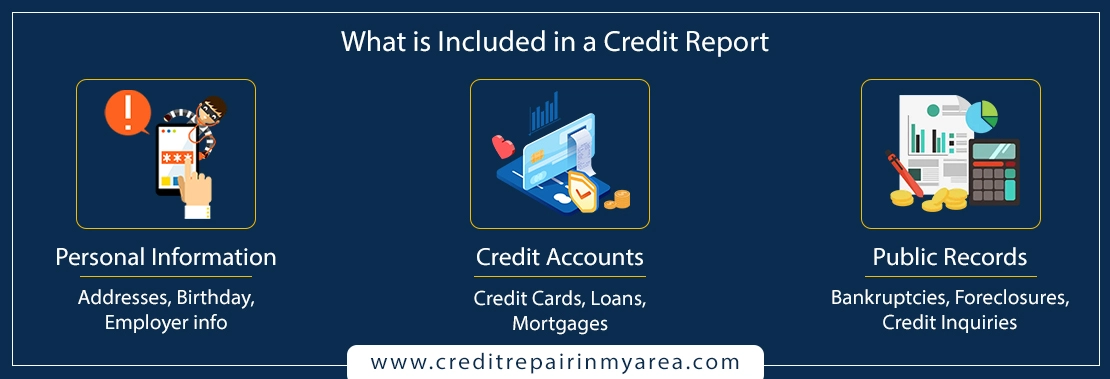What is a credit report?
A credit report is a document that provides information about your financial history. It includes how you've handled things like paying bills, making payments on time, and loans. The credit score shown on the credit report is based on the information that, the more responsibly you handle these things, the better your credit will be. When applying for jobs or housing, it's important to know the kind of impact your potential new situation may have on your credit score before signing anything.
A credit report is a summary of an individual's repayment history, and can be obtained from one of three major credit reporting agencies: Equifax, TransUnion, or Experian. A person with a positive credit report will have good standing and may qualify for lower interest rates on loans in the future. A negative credit report means that the person has had trouble paying back their debts in the past.
